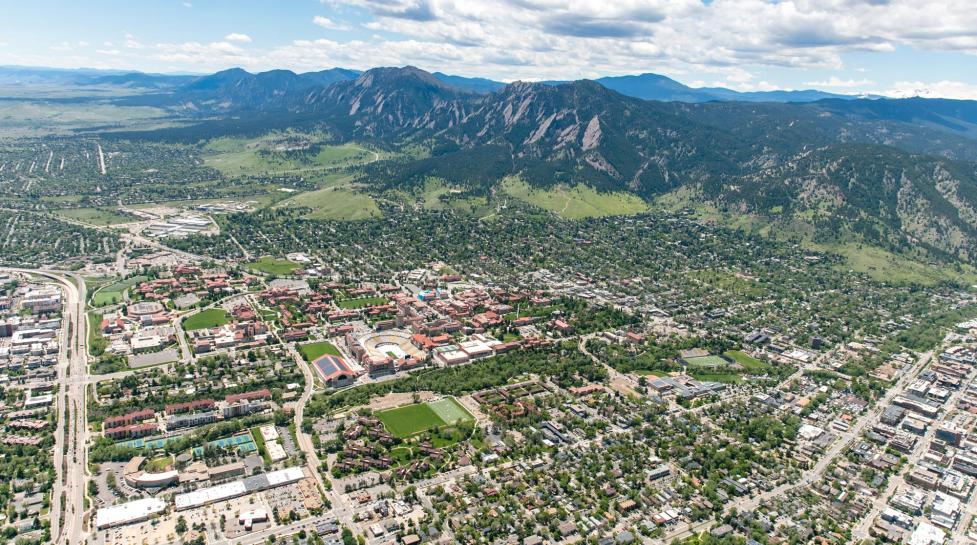Access Management and Parking Strategy (AMPS) Policy and Code Enhancements
Ordinance 8700, Ordinance 8696 and Ordinance 8713 – The Access Management and Parking Strategy (AMPS) project is complete following adoption of the Transportation Demand Management (TDM) ordinance on Sept. 18, 2025. AMPS covered three topics related to parking: off-street parking standards, Transportation Demand Management (TDM) and on-street parking management strategies. In June 2025, City Council voted to adopt Ordinance 8700 updating on-street parking management strategies, which will go into effect on Jan. 1, 2026. Council next voted to adopt Ordinance 8696 in July, which went into effect on Aug. 23, 2025. Ordinance 8713, was adopted by City Council on Sept. 18, 2025 and goes into effect April 1, 2026.
Wildland Urban Interface Update
Ordinance 8695 – Adopted June 5, 2025. Adopts the 2024 International Wildland Urban Interface Code with local amendments, effective Aug. 1, 2025. Also updates the mapped Wildland Urban Interface (WUI) area. Learn more about the WUI update.
Small Cell Wireless Updates
Ordinance 8694 – Adopted May 1, 2025. Updates regulations for Wireless Communication Facilities and Small Cell Wireless in the city right-of-way based upon the latest Federal Communications Commission rulings and interpretations.
2024 International Building Code
Ordinance 8684 – Adopted March 20, 2025. The ordinance adopts the 2024 International Building Codes published by the International Code Council with local amendments specific to the City of Boulder. These codes will go into effect Aug. 1, 2025.
Occupancy
Ordinance 8651 – Adopted March 6, 2025. Aligns regulations with 2024 state legislation that prohibits residential occupancy limits based on number of unrelated people. Visit Occupancy Limits to learn more.
Family-Friendly Vibrant Neighborhoods
Expanding Housing Choices
Ordinance 8666 – Adopted February 6, 2025. Implements the goals of obtaining more missing middle housing (e.g., duplexes, triplexes, etc.) and removing additional zoning related barriers to housing in Boulder in efforts to provide more housing options and price points beyond just large, detached dwelling units or apartment/condominium buildings to address the growing housing challenges of the city.
Accessory Dwelling Units
Ordinance 8650 – Adopted February 6, 2025. Aligns accessory dwelling unit regulations with recently adopted state legislation. Visit Accessory Dwelling Units to learn more.
Natural Medicine
Ordinance 8665 – Adopted Jan. 9, 2025. Regulates natural medicine businesses consistent with state law. in the City of Boulder. Visit Natural Medicine to learn more.
